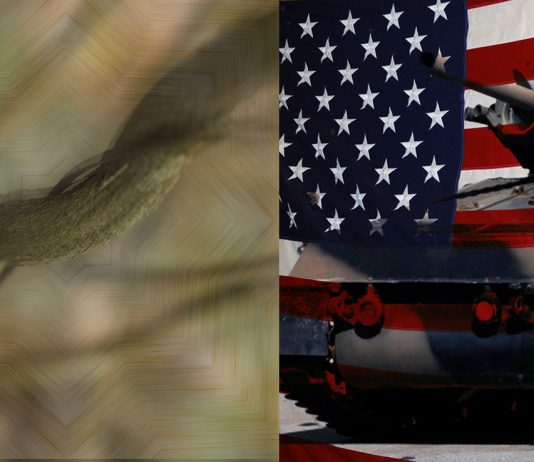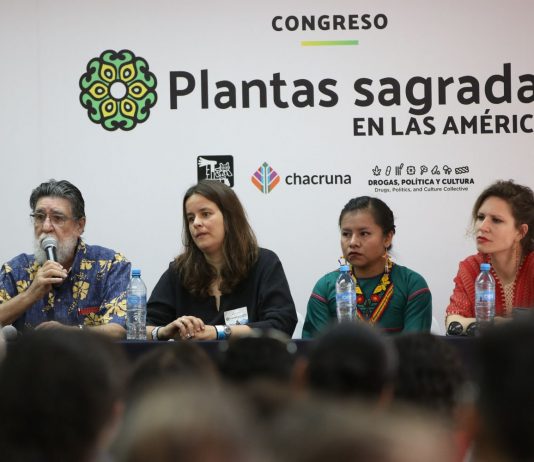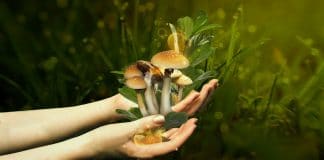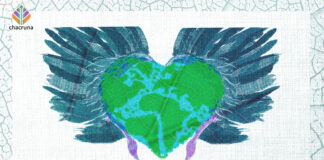Culture
- Conferences
- Culture
- Events Announcement
- In-Person Community Dialogues
- Inclusion & Diversity
- Indigenous Voices
- Integration
- Invited Panels
- Music
- News
- Newsletter
- Newsletters
- Past Courses
- Past Workshops
- Podcast
- Policy
- Power and Discrimination
- Press Release
- Queer
- Rapeh Circles
- Reciprocity Dialogues
- Research
- Science
- Sex & Power
- Spirituality
- Studies in Psychedelic Justice
- Virtual Community Forums
- Women
- Workshops
In this personal account, Brazilian journalist Marcelo Leite talks about his shift from being primarily a science journalist to focusing on psychedelics. He speaks on his personal psychedelic experiences, the history of psychedelics in Brazil, his educational journey over the years, the overlap between Brazilian practice and Western science surrounding psychedelics, and how all of these things have shaped his journalistic practice.
Ethnobotanist, Jean-Francois Sobiecki, outlines his research journey studying African psychoactive and psychedelic plants and their importance in understanding learning, growth and self development as well as their use as ubulawu in treating nervous system disease and mental illness.
Introduction: The Problem We Are Facing in Today’s World
How can we reconnect humanity—mentally, emotionally, and spiritually—to the presently undergoing global ecocide (the destruction, or...
https://youtu.be/wWFdIgqhYgc
https://youtu.be/UQSXN3Tk6Ew
https://youtu.be/vziDekshhhc
Plant medicine practices in the West have mostly been used for personal healing, empowerment or self-actualization. However, in Indigenous settings, these practices have been...
Brazilian religions with Indigenous and African roots such as Catimbó and Jurema Sagrada, centered around the sacred plant jurema-preta (Mimosa tenuiflora), have survived in the Northeastern region, in spite of repression by Catholic institutions and the police. In recent decades, they also became a point of interest for neoshamans in urban contexts.
One of the more spectacular cinematic productions this year is the film Embrace of the Serpent, directed by Colombian filmmaker Ciro Guerra. Nominated for...
This photograph is one of hundreds
in the archives of the Smithsonian Institution that record people of the Plains
tribes in their forced captivity on the...
Amazonian communities in Colombia were hit hard and fast by the advent of Covid-19 to their territories. These communities were forced to adapt the ways in which they use plant medicines, particularly Yagé, and dive deep into their ancestral knowledge to uncover ways to protect themselves from the worst effects of the pandemic. What resulted was a show of resilience, pride, and unification on the part of Indigenous groups to confront this crisis.
Timothy Vilgiate looks at how the story of Voacanga africana is an example of how Western psychedelia co-opts Indigenous culture in order to create fictional "primitive others" that they can utilize for their own agendas. The idea of Voacanga africana as a ceremonial psychedelic ultimately serves less to reflect of African realities, and more to appeal to Western ideas of psychedelics as primordial elements of human mystical experience and spiritual life.
Peyote (Lophophora williamsii) is a small, spineless, mind-altering cactus that, for centuries, has been terribly misunderstood by Western society. It grows naturally in the...


















